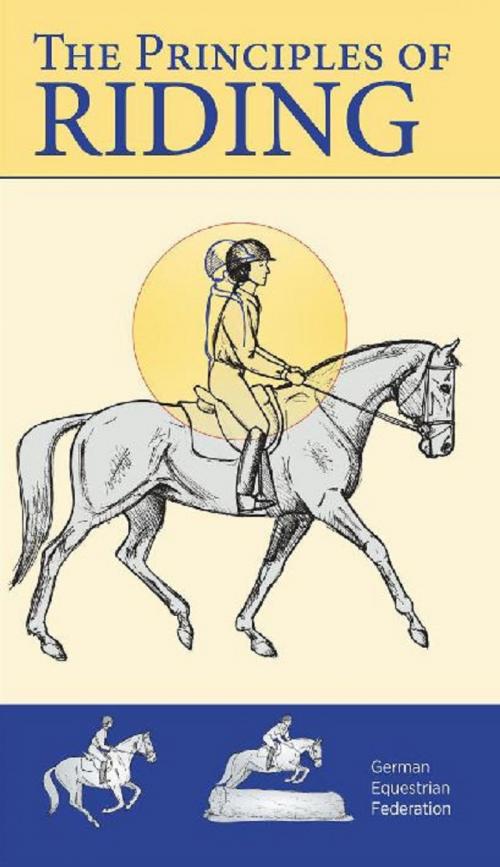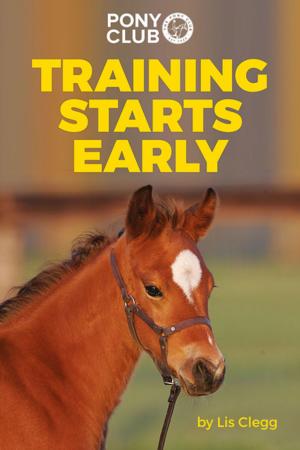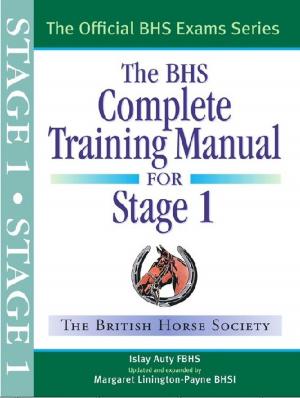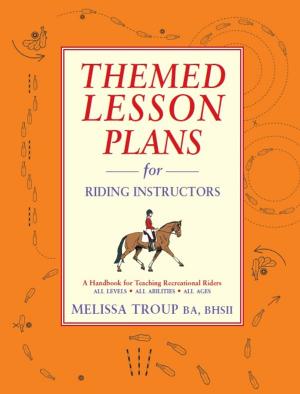The Principles of Riding
Basic Training for Horse and Rider
Nonfiction, Sports, Horse Sports, Equestrian| Author: | German National Equestrian Federation | ISBN: | 9781910016138 |
| Publisher: | Quiller | Publication: | July 27, 2017 |
| Imprint: | Kenilworth Press | Language: | English |
| Author: | German National Equestrian Federation |
| ISBN: | 9781910016138 |
| Publisher: | Quiller |
| Publication: | July 27, 2017 |
| Imprint: | Kenilworth Press |
| Language: | English |
The first edition of The Principles of Riding was published more than 50 years ago, imparting mandatory basic knowledge for all areas of equestrian sport and horse-keeping and this 28th edition, Basic Training for Horse and Rider, has been completely revised regarding language and content, while still taking into account the well-established principles. The consideration of traditional principles leads to the education and training of the horse according to its nature and thus to its health, well-being and performance capability.The horse s instincts and natural behaviour are presented in detail as the basis of communication and understanding between horse and rider. Modern scientific research relating to training theory and biomechanics has influenced the systematic training of the rider as well as that of the horse. The Principles of Riding provides versatile, practical assistance to horse lovers and readers of this book who want to learn, irrespective of whether they ride for leisure or competitively, are interested in hacking or hunting, or want to develop and improve their basic training for dressage, show-jumping or eventing.These Principles should be indispensable for all riders, drivers, trainers and judges, and to all of those who are interested in the appropriate training of the horse, according to the horse s nature, and who place importance on a harmonious cooperation between horse and rider.
The first edition of The Principles of Riding was published more than 50 years ago, imparting mandatory basic knowledge for all areas of equestrian sport and horse-keeping and this 28th edition, Basic Training for Horse and Rider, has been completely revised regarding language and content, while still taking into account the well-established principles. The consideration of traditional principles leads to the education and training of the horse according to its nature and thus to its health, well-being and performance capability.The horse s instincts and natural behaviour are presented in detail as the basis of communication and understanding between horse and rider. Modern scientific research relating to training theory and biomechanics has influenced the systematic training of the rider as well as that of the horse. The Principles of Riding provides versatile, practical assistance to horse lovers and readers of this book who want to learn, irrespective of whether they ride for leisure or competitively, are interested in hacking or hunting, or want to develop and improve their basic training for dressage, show-jumping or eventing.These Principles should be indispensable for all riders, drivers, trainers and judges, and to all of those who are interested in the appropriate training of the horse, according to the horse s nature, and who place importance on a harmonious cooperation between horse and rider.















